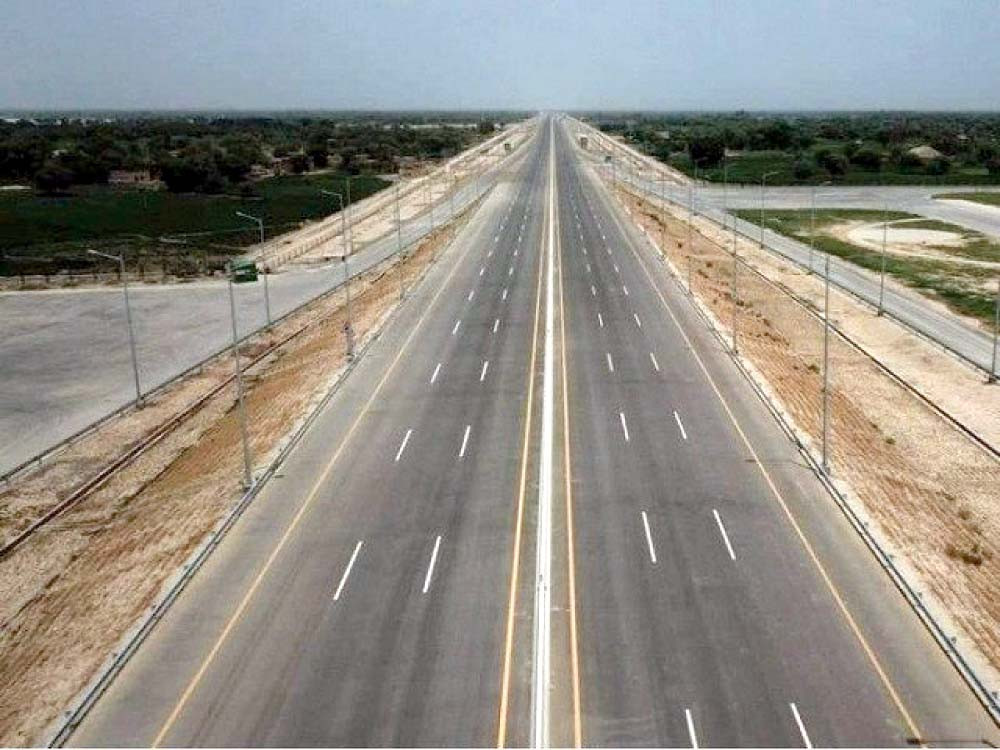
Chief Commissioner Right to Services Commission Muhammad Saleem Khan has said that most of the public exchequer is spent on non-development expenditures.
He said that it required tireless work to end the difference between development and non-development expenditures. Besides these departments have to work hard to improve public service delivery and meet people’s expectations.
He expressed these views while presiding over a meeting of the District Steering Committee of the Right to Services Commission at the Deputy Commissioner’s Office, Saidu Sharif.
Commissioner Malakand Division Syed Zaheerul Islam also attended the meeting. Deputy Commissioner Swat Junaid Khan, officers of district administration, heads of district departments and other officials were also in attendance.
The meeting reviewed the provision of services by district departments in the district under the Right to Services Commission.
Presiding over the meeting, the chief commissioner RTS Commission said that timely delivery of services is the first responsibility of the departments. He said that ways have to be found for the provision of services so that the money and time of the people is not wasted and the people do not have to go through difficult procedures.
He said that services were related to the day-to-day needs of the people and failure to provide services to the people in a timely manner was adding to the problems of the people and weakening the confidence of the public in institutions.
After the meeting, a ‘Khidmaat Rasai Center’ was also inaugurated under the RTS Commission to provide better facilities to the people.
The centre was jointly inaugurated by Chief Commissioner RT S Commission Saleem Khan and Commissioner Malakand Division Syed Zaheerul Islam. Deputy Commissioner Swat Junaid Khan and other officials were present on the occasion.
The centre will work under the RTS Commission to remove barriers to citizens accessing 44 different notified services and provide assistance to them. With the inauguration, the centre has started the work for which relevant resources have been provided.



1729080111-0/BeFunky-collage-(63)1729080111-0-165x106.webp)
1730838202-0/Trump-(1)1730838202-0-165x106.webp)


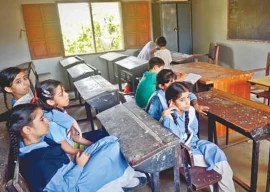
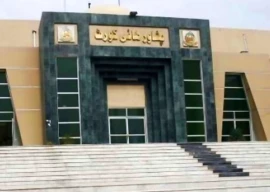





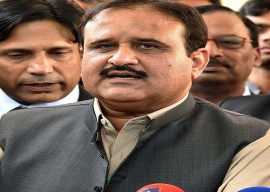
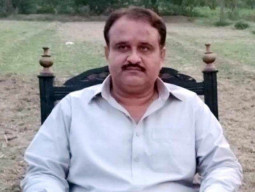






COMMENTS
Comments are moderated and generally will be posted if they are on-topic and not abusive.
For more information, please see our Comments FAQ